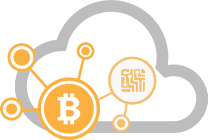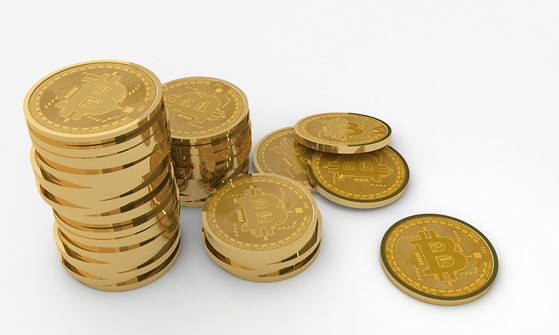Will Loss-Making Miners Be Able to Back Up Bitcoin after Halvening?
The following is a comment posted by FISCO guest analyst Tetsuyuki Oishi (CEO of Bitcoin Lab; Twitter: @bigstonebtc). At FISCO, we connect with individuals who actively convey cryptocurrency information, and we are working toward dispensing more diverse information to all investors.
* Posted on March 16, 2020
Bitcoin’s price has tumbled significantly as a result of the coronavirus shock, with estimates putting it somewhere between $5,000–$6,000. That means rising worries about the continuation of mining (calculation work needed for new issuances of Bitcoin, etc.). If the price continues falling in this manner, there will be Bitcoin halvening in May (when remuneration for miners will be cut in half), stopping them from making a profit or just getting by at best.
Yet, there are definitely those who will continue mining even if they do so at a loss.
They’re miners willing to make a loss to avoid taxes or for money laundering. For miners looking to save on taxes, losses on materials and utility costs can be offset by profits in other areas. In countries with high corporate tax rates nearing 40%, there’s no trouble with falling significantly below what’s generally profitable. With the BTC they receive, they will pay tax on the differential at sale, which effectively defers taxation until that time.
Money laundering miners mine funds from crime and obtain what are called virgin coins, which are coins with no record of use. These coins are completely clean because there is no record of them having been used in the past. Mining losses can be referred to as a laundering premium.
Finally, there are those who are mining at extremely low costs, using such means as natural or surplus energy. Electricity will not be stored if it can’t be sold, so places constantly generating surplus energy are building mining equipment and converting the surplus energy into coins.
I’ve no idea how many of these types of miners exist, but in a worst-case scenario there will probably be enough of them to provide back up.
Author: Tetsuyuki “BIGSTONE†Oishi
FISCO Guest Analyst

